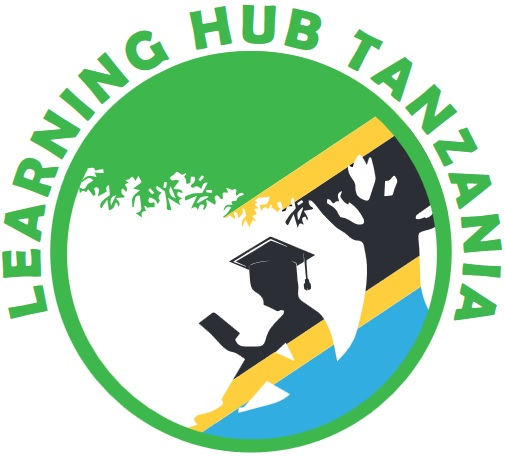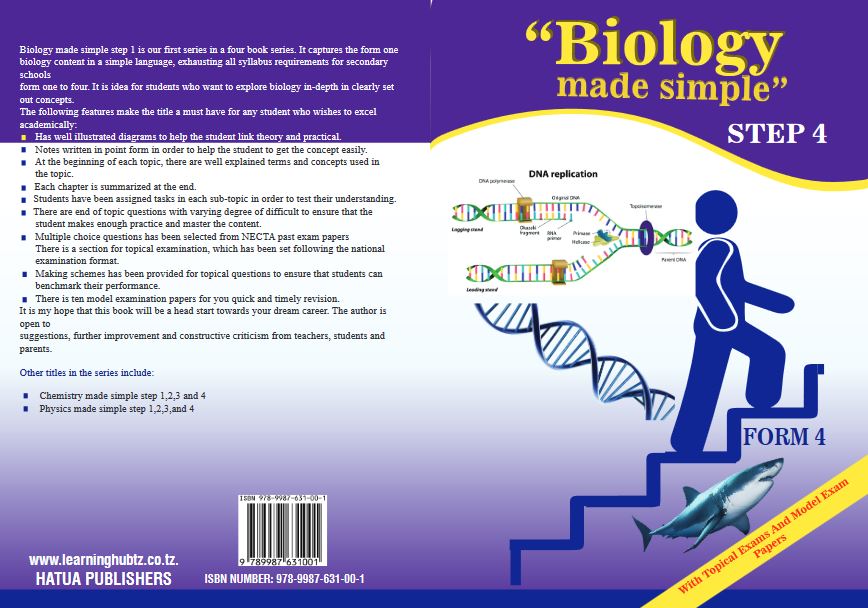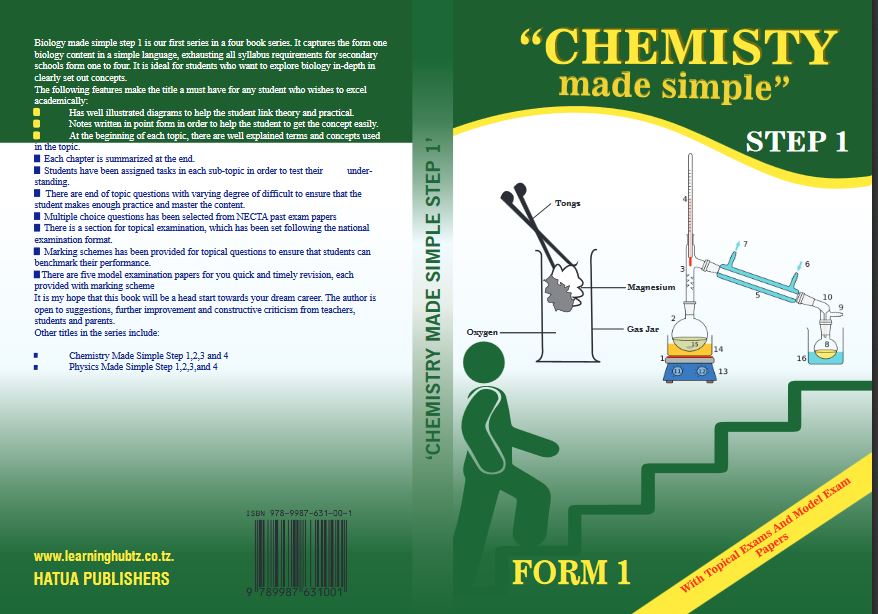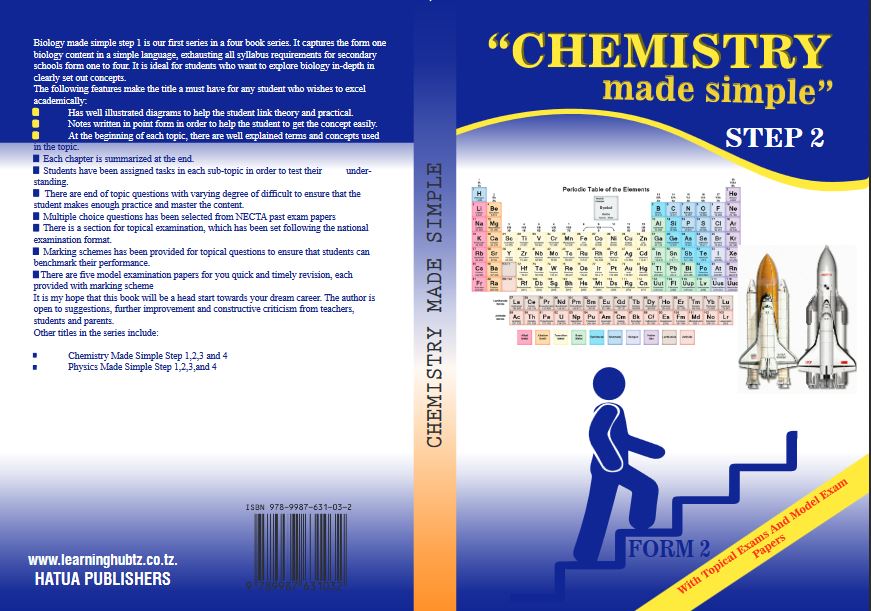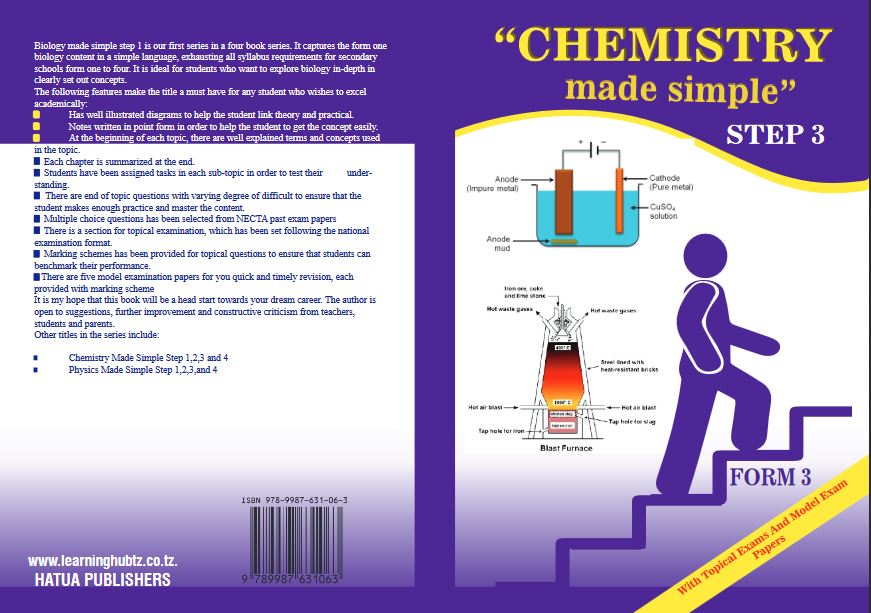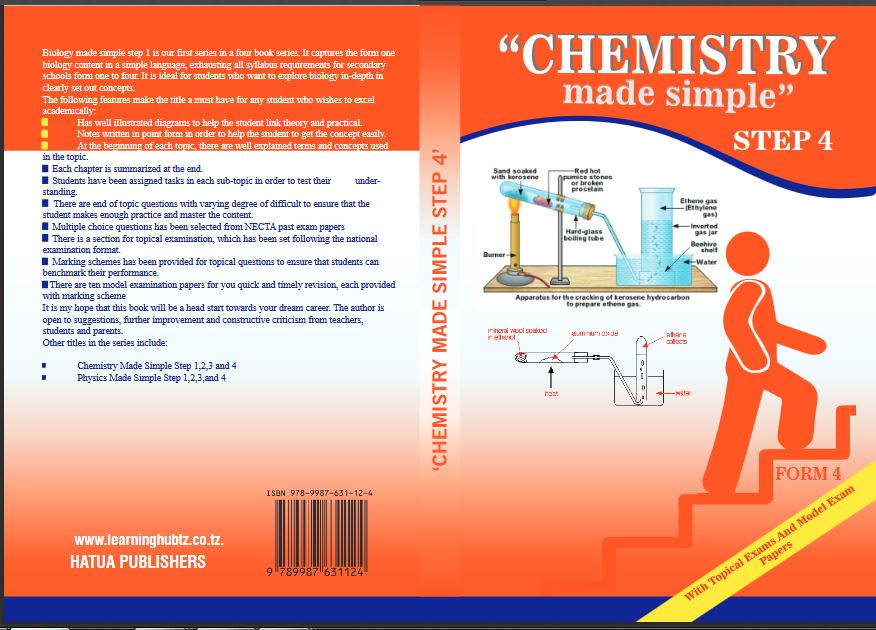
FORM THREE LITERATURE EXAM SERIES 212
FORM THREE LITERATURE EXAM SERIES 212
REGIONAL ADMINISTRATION AND LOCAL GOVERNMENT
SECONDARY EXAMINATION SERIES
MID TERM EXAMINATION AUG 2023
LITERATURE IN ENGLISH
Time 3 HRS
INSTRUCTIONS
- This paper consists of three section A, B and C
- Answer all questions in section A and B and only two questions in section C
- Write your name on every page of your sheet
SECTION A (16 MAARKS)
- Choose the correct answer from the alternative given by writing the correct letter on the space provided
- The following terms are found in the definition of literature except
- Art B. Language. C society D. Form E. Messages. ( )
- The creativity of composing the work of art and how he/she used the language is known as?
- Language B. Art C. Society D. aesthetics E. relevance ( )
- What make literature the work of art?
- The use of characterization, symbolism, imagery, and plot
- The use of characters, exploitation and language.
- The use of language plot and humiliation
- The use of dialogue, monologue and customs
- The use of metaphor, simile, and exploitation ( )
- John is the lion this is an example of…..
- Metaphor B. Simile C. Euphemism D. personification E. Symbolism ( )
- The following are the function of literature except?
- Entertain B. Educate C. Liberate D. Develops language E. erosion ( )
- ………….. is presented through written form
- Simile B. Written literature C. Oral literature D. Metaphor ( )
- Refers to things said to cause amusement or laughter
- Parable B. jokes C. Fable D. Idioms E simile ( )
- The type of literature that includes poetry , plays and novels
- Genres B. legends C Parable D. prose E. Narration ( )
- Oral literature is older than written literature because?
- Undergo changes B. stored in people’s mind C. Its cost full D. Started since man born ( )
- A person who compose a poem is known as
- Persona B. Poet C. Rhyme D. narrator E. novelist ( )
- Match the items in LIST A with those in LIST B by writing the letter of the correct answer besides the item number.
| LIST A | LIST B |
|
|
SECTION B (54 MARKS)
- Read the following poems and then answer the questions that follow
BUILDING THE NATION
By Christopher H. M. Barlow (Uganda)
Today I did my share
In building the nation.
I drove the permanent secretary
To an important urgent function
In fact, to a luncheon at the Vic.
The menu reflected its importance
Cold Bell beer with small talk,
Then fried chicken with niceties
Wine to fill the hollowness of the laughs
Ice-ream to cover the stereotype jokes
Coffee to keep the PS awake on return journey.
I drove the permanent secretary back.
He yawned many times in the back of the car
Then to keep awake, he suddenly asked,
Did you have any lunch friend?
I replied looking straight ahead
And secretly smiling at his belated concern
That I had not, but was sliming!
Upon which he said with a seriousness
That amused more than annoyed me,
Mwananchi, I too had none!
I attended to matters of state.
Highly delicate diplomatic duties you know,
And friend, it goes against my grain,
Causes me stomach ulcers and wind.
Ah, he continued, yawning again,
The pains we suffer in building the nation!
So the PS had ulcers too!
My ulcers I think are equally painful
Only they are caused by hunger,
No sumptuous lunches!
So two nation builders
Arrived home this evening
With terrible stomach pains
The result of building the nation –
-Different ways.
Questions
a. What is the poem about?
b. Who is the persona? How do you know?
c. Suggest three literary and poetic devices used in the poem.
d. What is the tone and mood of the poem?
e. What type of the poem is this?
f. mention two themes found in the poems.
4. Which literary term is being described by each of the following characteristics?
(a) The references (quotations) which are made by the literary writers from either bible or any other known statement.
(b) The story started by showing a gun and later on one of the characters uses it to kill his brother.
(c) A character who changes his or her behaviour throughout the story.
(d) Use of conjunctions to compare two unlike things
(e) A type of oral literature in which most of characters are animal
5. What are the possible five (5) challenge’s facing oral literature.
6. With vivid examples differentiate the following literary terms
- Form and content
- Stage direction and episode
- Diction and point of view
- Riddle and proverbs
- Oral literature and written literature
7.“Literary devices are important in literature” support this question with four (4) points
SECTION C (30 MARKS)
Answer only two questions from this section.
- “language and literature are two sides of the same coin” Discuss (six point)
- Imagine that you have gone home. For the holiday and you meet your friend who is studying PCM at Sengerema secondary school. You tell her that you are studying literature in English and she says “The study of literature is the wastage of time”. Prove her wrong by using six (6) point
- You are walking to the school library and you meet your friends who are taking science subjects arguing that there is no any difference between poetry and other literary works like novels and plays. As a literature in English student give them six (6) points to solve the conundrum
FORM THREE LITERATURE EXAM SERIES 145
FORM THREE LITERATURE EXAM SERIES 145
THE PRESIDENT’S OFFICE REGIONAL ADMINISTRATIVE AND LOCAL GOVERNMENT
LITERATURE IN ENGLISH MIDTERM EXAMINATION
Time: 3 Hours Year: 2022
Instructions
1. This paper consists of sections A, B and C with a total of ten (10) questions.
2. Answer all questions from sections A and B and three (3) questions from section C of which questions 7 and 8 are compulsory.
3. Section A carries fifteen (15) marks, section B forty (40) marks and section C carries forty five (45) marks.
4. Cellular phones and any unauthorized materials are not allowed in the examination room.
5. Write your Examination Number on every page of your answer booklet(s).
SECTION A (15 Marks)
Answer all questions in this section.
1. For each of the items (i) - (x), choose the correct answer from among the given alternatives and write its letter beside the item number in the answer booklet provided.
(i) The following terms are found in Literature, which one is not?
- Drama
- Mood
- Persona
- Personal
- Act
(ii) Bughati wrote a story revolving around Mzungu’s life. How do you call that story?
- History
- novel
- Play
- Biography
- Autobiography
(iii) “You are very smart in class; you scored 2% in the examination”. What literary concept can the statement refer to?
- Irony
- Repetition
- Assonance
- Poetic license
- Diction
(iv) One of the following information is true about fables, which one is it?
- It is a written literature
- It uses animals to express morals
- It can be sung or recited
- It talks about heroes who lived in the past
- It explains the origin of an occurrence
(v) Hamsa wanted to please Judith; he compared her to Miss Tanzania use the phrase “like”. What aspect of literature did he provoke?”
- Metonymy
- Irony
- Simile
- Diction
- Exaggeration
(vi) One of the following features differentiates play from other literary genres. Identify it
- Play is emotional in nature
- Play is musical in nature
- Play employs excessive use of figures of speech
- Play is a narrative
- Play is lengthy in terms of content
(vii) In a situation whereby a work of literature is written using some aspects of freedom, especially in poetry, what terminology describes this?
- Open poem
- Point of view
- Literary style
- Literary freedom
- Poetic license
(viii) ______ is a group of lines in a poem
- Stanza
- Verse
- Sonnet
- Ballad
- Closed form
(ix) A lengthy fictitious narrative is known as________
- Play
- Novel
- Short story
- Poetry
- Fiction
(x) Onomatopoeia is associated with _____
- Rhythm
- Genre
- Title
- Character
- Sounds
2. Match the descriptions in List A with the corresponding answers in List B by writing the letter of the correct response beside the item number in the answer booklet(s) provided.
| List A | List B |
| (i) A scene whereby the narrative is taken back in time from the current point in the story (ii) A story written in chronological order (iii) A story written beginning with phrases like; long time ago, once upon a time (iv) A story written from one’s view (v) A narrative told from one generation to another |
|
SECTION B (40 Marks)
Answer all questions in this section.
3. Write short notes for following literary expressions
(a) Poetry is musical in nature
(b) Literature is basically divided into three genres
(c) Characters are representation of real people in a story
(d) Figures of speech are important literary tools
(e) Literature and society are inseparable
4. Read the following poem and then answer the questions that follow:
I am Nobody – Emily Dickinson
I am nobody! Who are you?
Are you – Nobody – too?
Then there’s a pair of us!
Don’t tell they’d banish us- you know!
How dreary- to be – Somebody!
How public – like a Frog –
To tell your name – the livelong June-
To an admiring Bog!
Questions
(a) What is the poem about?
(b) Who is the persona in this poem is this?
(c) List and explain two figurative languages used in this poem.
(d) Explain how the title of the poem is relevant to its context.
(e) What message can one find in the poem?
5. Compare and contrast the following literary terms
(a) Persona and character.
(b) Theme and relevance.
(c) Fairy tale and myth.
(d) Hypocrisy and exploitation
(e) Form and content
6. Write down factors that make poetry unique from other literary genres.
(a) Poetry ……………..
(b) Poetry …...........
(c) Poetry …………..
(d) Poetry …………...
(e) Poetry …………..
SECTION C (45 Marks)
Answer three (3) questions from this section. Question 7 and 8 are compulsory.
LIST OF READINGS
Plays
- The Lion and the Jewel - Soyinka, W.
- The Trials of Brother Jero - Soyinka, W.
- The Dilemma of a Ghost - Aidoo, A.A.
- The Government Inspector - Gogol, N.
Novels
- A Walk in the Night and Other Stories - Guma, A.
- Houseboy - Oyono, F.
- The Old Man and the Medal - Oyono, F.
- The Concubine - Amadi, E.
Poetry
- Selected poem - Tanzania Institute of Education
- Growing up with poetry - David Rubadiri
7. Conflict is something inevitable in our societies. Support this statement with two novels that you have read by giving three points from each novel.
8. Explain how poetry portrays our social lives. Use two poems, each with three points for your explanation.
9. Use two plays that you have attempted under this programme and explain how misunderstandings between characters have led to conflict in our respective societies.
10. Explain in details, the playwrights’ intention for writing the play “The Government Inspector” by Nikolai N. Gogol.
FORM THREE LITERATURE EXAM SERIES 101
FORM THREE LITERATURE EXAM SERIES 101
Hub App
 For Call,Sms&WhatsApp: 255769929722 / 255754805256
For Call,Sms&WhatsApp: 255769929722 / 255754805256
 For Call,Sms&WhatsApp: 255769929722 / 255754805256
For Call,Sms&WhatsApp: 255769929722 / 255754805256

